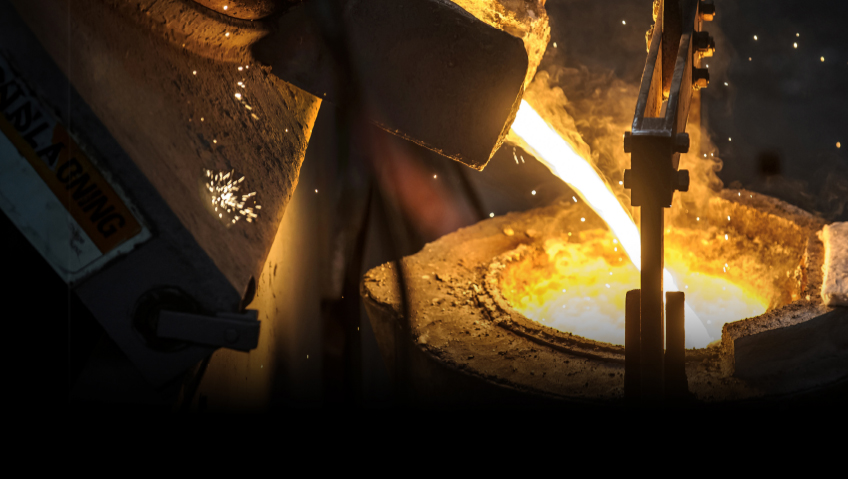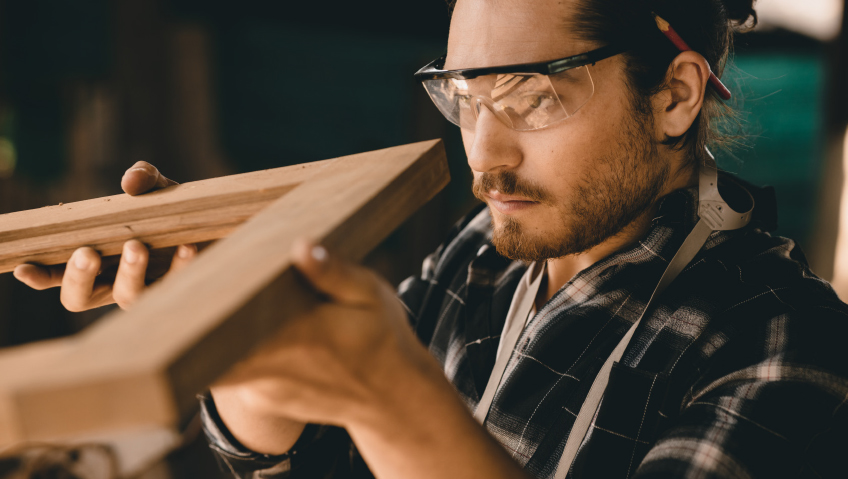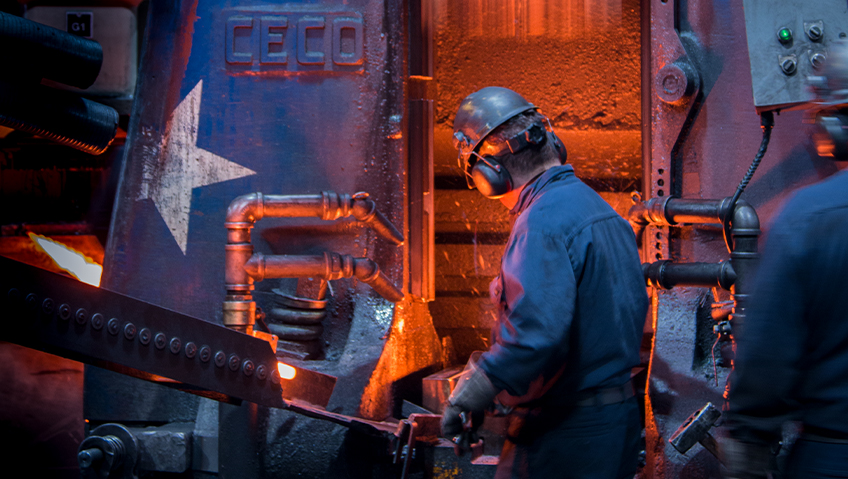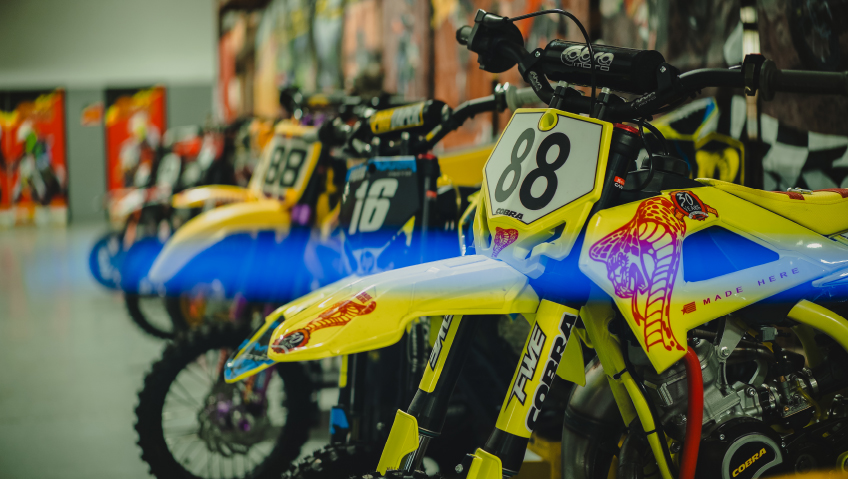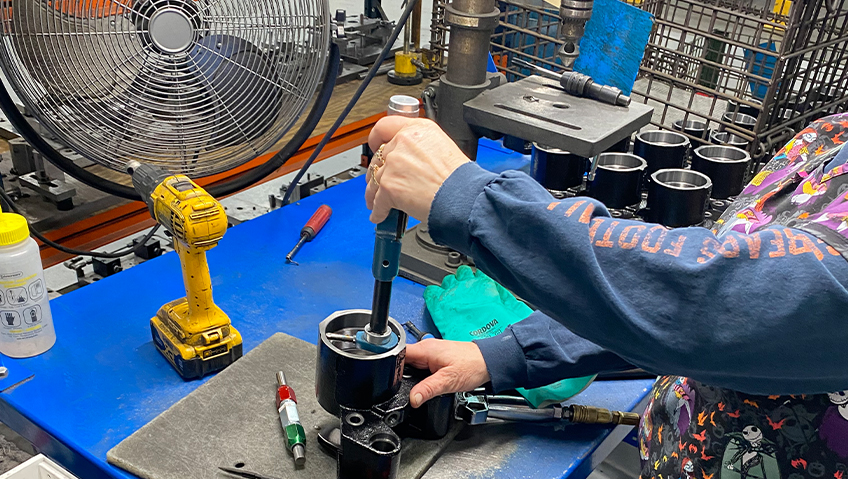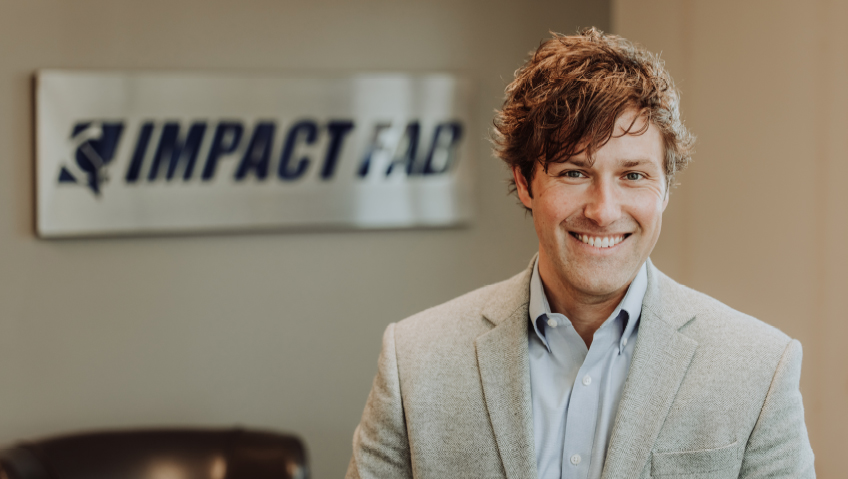For over 50 years, Detroit-based Temperform has provided customers with high-quality heat, abrasion, and corrosion-resistant castings and machined components. Manufacturing no-bake sand mold steel and stainless steel castings weighing from just two pounds all the way to 5,500 pounds, award-winning Temperform is renowned for its high customer satisfaction, on-time delivery, and robust safety initiatives.
Growing since it was founded in 1970, Temperform is now a member of the Lawton Standard Co. Temperform is Based in the Detroit suburb of Novi, the company today has 58 workers in a single shift and around 75 when running two shifts. Serving sectors ranging from cement manufacturing to aerospace, mining, iron ore manufacturing, paper mills, pump and valve, and heat treating and forging, Temperform has a 70,000 square foot main facility, skilled staff, quality machinery, and more than 700 years of combined foundry experience to meet all project requirements.
Winning awards and ongoing praise from customers, Temperform is known in the industry for exceeding client expectations and for its customization, innovation, and vertical integration. Certified ISO 9001:2015 for Quality Management and ISO 14001:2015 for Environmental Management Systems (EMS), Temperform is firmly committed to getting all jobs done right, on time and on budget.
Even with new innovations, producing sand castings is firmly rooted in history and dates all the way back to 1300 BC, according to company Industrial Engineer Nick Knotts. “Though the basic concepts remain largely the same as they were thousands of years ago, technology has allowed us to advance our understandings of the materials and processes associated with the casting process,” he says. “Our advanced understanding of those materials and processes has allowed us to make drastic improvements in terms of casting performance, quality, and production.”
As a result of Temperform’s ongoing advancements and casting capabilities, customers are demanding more integrity and functionality from their castings, according to Knotts. To meet client requirements, the company is leaning on technology more and more. This includes advanced simulation capabilities, data collection and analytics, and system integration.
While there are other casting manufacturers out there, Temperform continues to distinguish itself for many reasons, including reliability, quality, safety, and sustainability.
“Not everything is price-driven,” says Site Manager Gloria Webber, a 26-year veteran of the company. Another key factor is “the fact that you’re going to supply a high-quality product through your reputation and engineering know-how, and going to be that reliable supplier for them.”
At Temperform, ‘sustainability’ isn’t a word thrown around lightly; in fact, many people don’t realize foundries are huge recyclers. “We recycle everything,” says Webber, without hesitation. “We recycle our metal, our water, our air; I mean, everything gets recycled through our facility,” she says of the company, which even has a thermal reclamation system for molding sand, which is reclaimed and reused.
“There is a reuse for all of our waste streams so that they are not waste streams, but recycled streams,” she says. These and other waste reduction measures allow Temperform to remain a good environmental steward while remaining competitive. The company maximizes the amount of reuse materials put back into furnaces to make new product, and takes part in a scrap banking program with customers that sees the company buy back scrap to make new product, saving customers money and cutting out the middleman’s markup.
With Temperform’s five induction furnaces, each requiring cooling water and a closed-loop system, “we make sure we recycle every drop of water and are not discharging it,” states Webber, adding that the company also has a scrubber system for water and air.
To best serve all its customers, Temperform makes ongoing investments in its people, its equipment, and its technology. This includes manufacturing optimization through data analytics. As an industrial engineer, Knotts believes the key to optimizing a process is having an extremely detailed understanding of that process and the variables that affect it.
“Data is the key with which we can unlock that detailed understanding of the process, but just having the data is only part of the equation; where Temperform has set ourselves apart in terms of manufacturing optimization is how we utilize the data,” he says. “Temperform’s data is set up in a way that allows us to firmly understand how all the given input variables in terms of our product mix (we are a job shop) affects the number of molds/castings that we are able to produce. By using that data, we can pinpoint improvements to the process such that they are minimally disruptive but also maximally effective.”
Today, the world of Industry 4.0 is changing how companies like Temperform are using technology like Artificial Intelligence (AI), cloud computing, and the Internet of Things (IoT) to improve, manufacture, and distribute all kinds of products. Through MAGMA software specifically designed to predict outcomes of new casting projects, and a plant simulation system engineers use to predict throughput of systems and plants, everything from plant layout to optimizing flow can be addressed.
“We are part of the Steel Founders’ Society of America, and we joined that group because they make big investments in Industry 4.0,” says Webber. Funded by the Department of Defense, there is help available for foundries who wish to remain on the front line of cutting-edge technology and innovation or who are facing a metallurgical conundrum with specific technical leads.
Through its role in the Lawton Standard Co., Temperform has become part of something greater than a single plant; rather, it is part of a broader platform. According to Knotts, this brings a host of advantages, particularly access to technical staff associated with other foundries on the platform. “The platform exists to support the sites, so the resources are meant to be leveraged by those sites, like Temperform,” he says. “The more technical people that are available, the more variety of valuable experiences, educations, and viewpoints there are available to leverage.”
Another platform benefit is the availability of increased financial resources from a larger corporation—especially advanced software tools for the designing and rigging of castings—which Temperform has readily available. “Advanced solidification software allows us to better predict where areas of porosity or inclusions may arise in our castings before we produce them, which allows us to add risers, gating, and chills to the part in an effort to remove the porosity or move it into a non-critical area,” Knotts explains.
At Temperform, creating high-quality castings and machined components comes from the experience, hard work, and skill of the company’s laborers and welders. On the foundry side, the company’s long-time site manager has 37 years of industry experience.
Like other sectors, manufacturing continues facing hiring challenges, and to address this, the company seeks new workers at the high school and college levels as well as people with factory manufacturing experience who understand the importance of adhering to processes. “We bring in unskilled labor and train them, because you’re not going to find somebody who’s a skilled molder; you might be able to find some furnace operators out there, but typically, specific to our industry, you don’t have a lot of folks out there that would have this specific skill set, so we bring them in and train them,” says Webber.
On the safety side, all new staff members are immersed in a full week of training where they learn safety protocols firsthand, and why they are required. Every Temperform building has signage stating what personal protective equipment (PPE) is necessary, such as hardhats and safety boots with metatarsal covers in the foundry. And since silica sand is used in the foundry, workers are required to wear the right type of respiratory equipment, depending on the job.
“We invest in our employees on a daily basis,” adds Webber. “We make sure they are suited up head to toe, depending on the processes they are undertaking with safety equipment.” Protecting workers and the environment alike, Temperform has made about $1 million in relevant investments, including a new air scrubber system and bag houses, making the company more compliant and efficient than ever. Although based in a suburban area, many locals are pleasantly surprised by the company’s presence. “When you show up at our door, you will not smell a foundry,” states Webber.
This year, Temperform expects to see some significant mining projects in the works. Buoyed by its robust investments in technology, machinery, and safety, Temperform’s number one reason for success comes down to its talented team, from leadership to the molders, melters, and grinders on the floor.
“We are committed to making the highest quality steel castings on the market,” says Knotts. “Temperform also makes a name for itself on honesty and reliability. We deliver castings on time and in the condition that was requested; if we cannot, we will be honest and upfront about the obstacles we are facing and do whatever we can to make it right,” he says.
“Perhaps most importantly, the team at Temperform consists of experts in producing steel castings, and at that, experts who also have access to some of the most advanced tools in the industry.”

